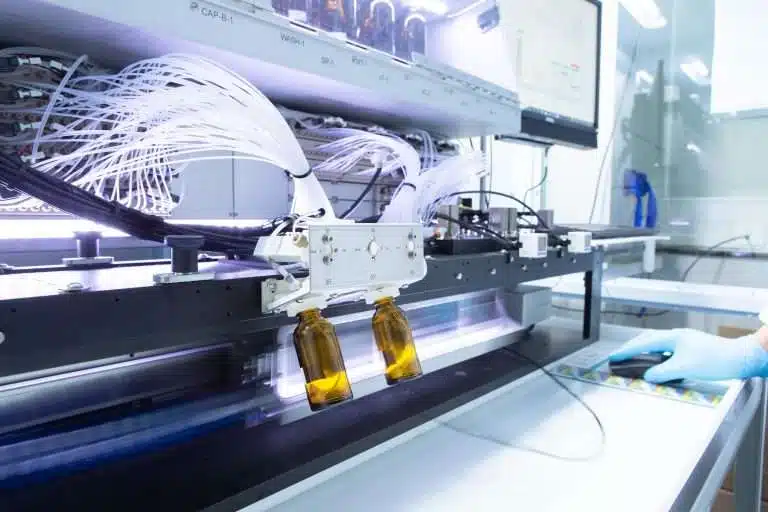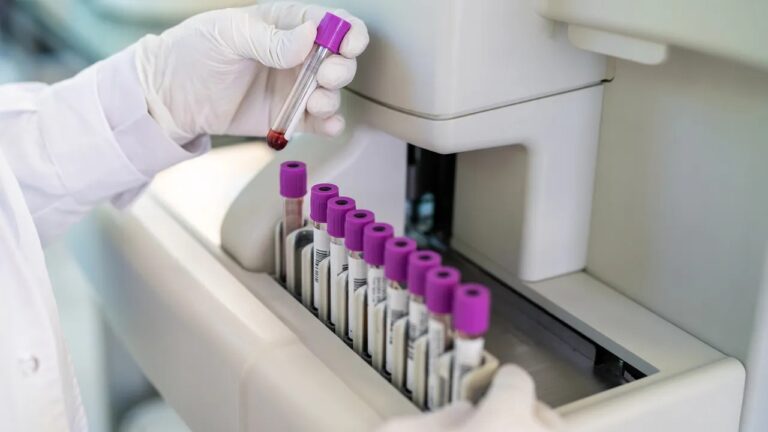Aptamer Group plc (LON:APTA), the leading developer of next-generation synthetic binders delivering innovation to the life science industry, is advancing its portfolio through a dual strategy of developing proprietary licensable assets and providing fee-for-service work for global pharmaceutical partners. Among its proprietary development projects, the liver fibrosis program represents a key focus, leveraging the Company’s innovative Optimer® platform to address critical unmet medical needs.
- Significant advance in liver fibrosis treatment with Optimer® platform
- Aptamer unveils novel biomarker for targeted liver fibrosis therapy
- Optimer® breakthrough targets liver scarring cells, positioning Aptamer in $20bn fibrosis market
Today, Aptamer announces a significant milestone in this programme, having successfully identified and validated a novel molecular target for its proprietary Optimer® delivery platform, advancing its potential to deliver targeted gene therapy to the specific liver cells which drive scarring. This breakthrough enhances the commercial attractiveness of the platform, positioning Aptamer for strategic licensing discussions with global pharmaceutical partners.
Liver scarring, known as fibrosis, affects millions worldwide and can progress to severe conditions like cirrhosis, liver failure, and cancer, with no current treatments able to reverse the damage. This condition is caused by specific liver cells, called hepatic stellate cells (HSCs), which create harmful scar tissue. With an estimated global market for fibrosis treatments exceeding $20 billion by 2030, based on industry projections, Aptamer’s Optimer® platform addresses a critical unmet need.
The Optimer® acts like a ‘magic bullet’, targeting a protein in scarred livers to deliver a gene therapy medicine, called siRNA, directly to HSCs. This siRNA switches off signals that drive scarring, offering a potential new way to reduce or reverse the condition.
Aptamer used cutting-edge scientific methods, including genetic analysis, protein interaction studies, and cell imaging, to confirm that the Optimer® targets this protein with high precision. In laboratory tests mimicking liver damage, the Optimer®-siRNA system significantly reduced processes that mimic scar tissue formation and slowed the harmful activity of HSCs, such as excessive growth and movement that worsen scarring. These results demonstrate the platform’s potential to transform liver fibrosis treatment by delivering gene therapy specifically to the cells causing the disease.
The Optimer® was developed using Aptamer’s innovative approach, which identifies targets unique to diseased cells, unlike traditional methods that may overlook key disease markers. This method uncovered a specific protein marker that enables precise targeting of HSCs, setting Aptamer’s technology apart as a powerful tool for precision medicine. The Optimer® platform’s compatibility with various RNA-based medicines makes it highly versatile, supporting partnerships across liver fibrosis and other scarring-related conditions.
Aptamer is now working towards a series of outsourced in vivo studies to evaluate the Optimer® platform’s performance in animal models, while engaging in ongoing discussions with major pharmaceutical companies to conduct parallel studies. These efforts aim to confirm the platform’s efficacy and safety, paving the way for human trials and strategic collaborations.
Dr Arron Tolley, Chief Executive Officer of Aptamer Group, commented:
“This milestone marks a major step forward in our mission to develop new treatments for liver fibrosis. By identifying a novel target for delivering gene therapy to the cells causing liver scarring, Aptamer has strengthened the Optimer® platform’s value for our pharmaceutical partners. The laboratory results showing reduced scarring highlight the potential of this approach, and our plans for outsourced animal studies, alongside ongoing talks with big pharma, position us to accelerate development. This success underscores Aptamer’s leadership in targeted drug delivery, opening doors to a significant market opportunity.
“The Optimer® platform showed high selectivity for scarred liver tissue in lab tests, with no unwanted effects on healthy cells, and is designed to work with a range of RNA therapeutics, enhancing its commercial potential. This milestone positions Aptamer to capitalise on the growing demand for precision therapies in the multi-billion-dollar fibrosis market.”






































